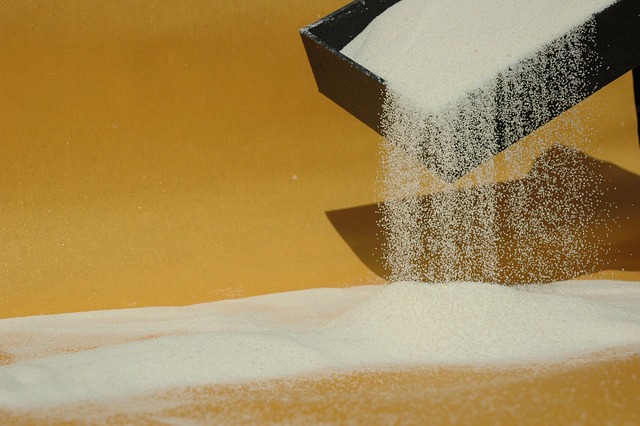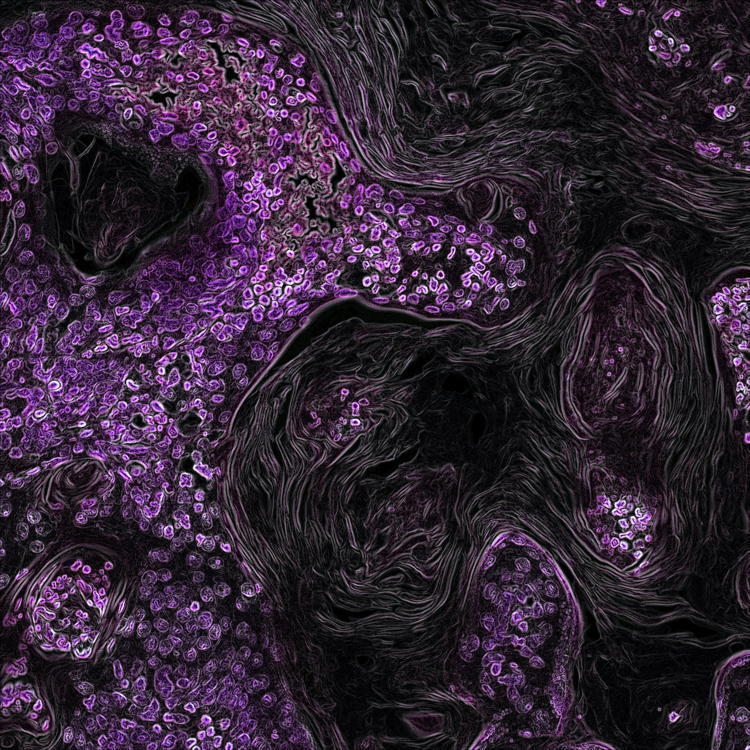Deubiquitinase USP14 is upregulated in Crohn's disease and inhibits the NOD2 pathway mediated inflammatory response in vitro
Submitted: 8 July 2024
Accepted: 16 August 2024
Published: 9 September 2024
Accepted: 16 August 2024
Abstract Views: 582
PDF: 151
HTML: 2
HTML: 2
Publisher's note
All claims expressed in this article are solely those of the authors and do not necessarily represent those of their affiliated organizations, or those of the publisher, the editors and the reviewers. Any product that may be evaluated in this article or claim that may be made by its manufacturer is not guaranteed or endorsed by the publisher.
All claims expressed in this article are solely those of the authors and do not necessarily represent those of their affiliated organizations, or those of the publisher, the editors and the reviewers. Any product that may be evaluated in this article or claim that may be made by its manufacturer is not guaranteed or endorsed by the publisher.
Similar Articles
- Federico Angelo Cazzaniga, Edoardo Bistaffa, Chiara Maria Giulia De Luca, Giuseppe Bufano, Antonio Indaco, Giorgio Giaccone, Fabio Moda, Sporadic Creutzfeldt-Jakob disease: Real-Time Quaking Induced Conversion (RT-QuIC) assay represents a major diagnostic advance , European Journal of Histochemistry: Vol. 65 No. s1 (2021): Special Collection on Advances in Neuromorphology in Health and Disease
- G. Tsirakis, C. A. Pappa, M. Kaparou, V. Katsomitrou, A. Hatzivasili, T. Alegakis, A. Xekalou, E. N. Stathopoulos, M. Alexandrakis, Assessment of proliferating cell nuclear antigen and its relationship with proinflammatory cytokines and parameters of disease activity in multiple myeloma patients , European Journal of Histochemistry: Vol. 55 No. 3 (2011)
- Yan Long, Yan Zhao, Xiaoqing Ma, Ya Zeng, Tian Hu, Weijie Wu, Chongtian Deng, Jinyue Hu, Yueming Shen, Endoplasmic reticulum stress contributed to inflammatory bowel disease by activating p38 MAPK pathway , European Journal of Histochemistry: Vol. 66 No. 2 (2022)
- C. Severi, R. Sferra, A. Scirocco, A. Vetuschi, N. Pallotta, A. Pronio, R. Caronna, G. Di Rocco, E. Gaudio, E. Corazziari, P. Onori, Contribution of intestinal smooth muscle to Crohn's disease fibrogenesis , European Journal of Histochemistry: Vol. 58 No. 4 (2014)
- Y. Kaneko, N. Onda, Y. Watanabe, M. Shibutani, Identification of 5-hydroxytryptamine-producing cells by detection of fluorescence in paraffin-embedded tissue sections , European Journal of Histochemistry: Vol. 60 No. 3 (2016)
- M. Di Rosa, M.A. Szychlinska, D. Tibullo, L. Malaguarnera, G. Musumeci, Expression of CHI3L1 and CHIT1 in osteoarthritic rat cartilage model. A morphological study , European Journal of Histochemistry: Vol. 58 No. 3 (2014)
- Francesca Diomede, Soundara Rajan Thangavelu, Ilaria Merciaro, Monica D'Orazio, Placido Bramanti, Emanuela Mazzon, Oriana Trubiani, Porphyromonas gingivalis lipopolysaccharide stimulation in human periodontal ligament stem cells: role of epigenetic modifications to the inflammation , European Journal of Histochemistry: Vol. 61 No. 3 (2017)
- R. Leonardi, R.E. Perrotta, C. Loreto, G. Musumeci, S. Crimi, J.N. dos Santos, M.C. Rusu, P. Bufo, E. Barbato, G. Pannone, Toll-like receptor 4 expression in the epithelium of inflammatory periapical lesions. An immunohistochemical study , European Journal of Histochemistry: Vol. 59 No. 4 (2015)
- Yongwei Lin, Zhipeng Zhou, Lang Xie, Yongsheng Huang, Zhenghua Qiu, Lili Ye, Chunhui Cui, Effects of miR-939 and miR-376A on ulcerative colitis using a decoy strategy to inhibit NF-κB and NFAT expression , European Journal of Histochemistry: Vol. 66 No. 1 (2022)
- Carolina Pellegrini, Vanessa D'Antongiovanni, Chiara Ippolito, Cristina Segnani, Luca Antonioli, Matteo Fornai, Nunzia Bernardini, From the intestinal mucosal barrier to the enteric neuromuscular compartment: an integrated overview on the morphological changes in Parkinson’s disease , European Journal of Histochemistry: Vol. 65 No. s1 (2021): Special Collection on Advances in Neuromorphology in Health and Disease
You may also start an advanced similarity search for this article.
Publication Facts
Metric
This article
Other articles
Peer reviewers
2
2.4
Reviewer profiles N/A
Author statements
Author statements
This article
Other articles
Data availability
N/A
16%
External funding
N/A
32%
Competing interests
N/A
11%
Metric
This journal
Other journals
Articles accepted
57%
33%
Days to publication
62
145
- Academic society
- N/A
- Publisher
- PAGEPress Publications, Pavia, Italy

 https://doi.org/10.4081/ejh.2024.4101
https://doi.org/10.4081/ejh.2024.4101












